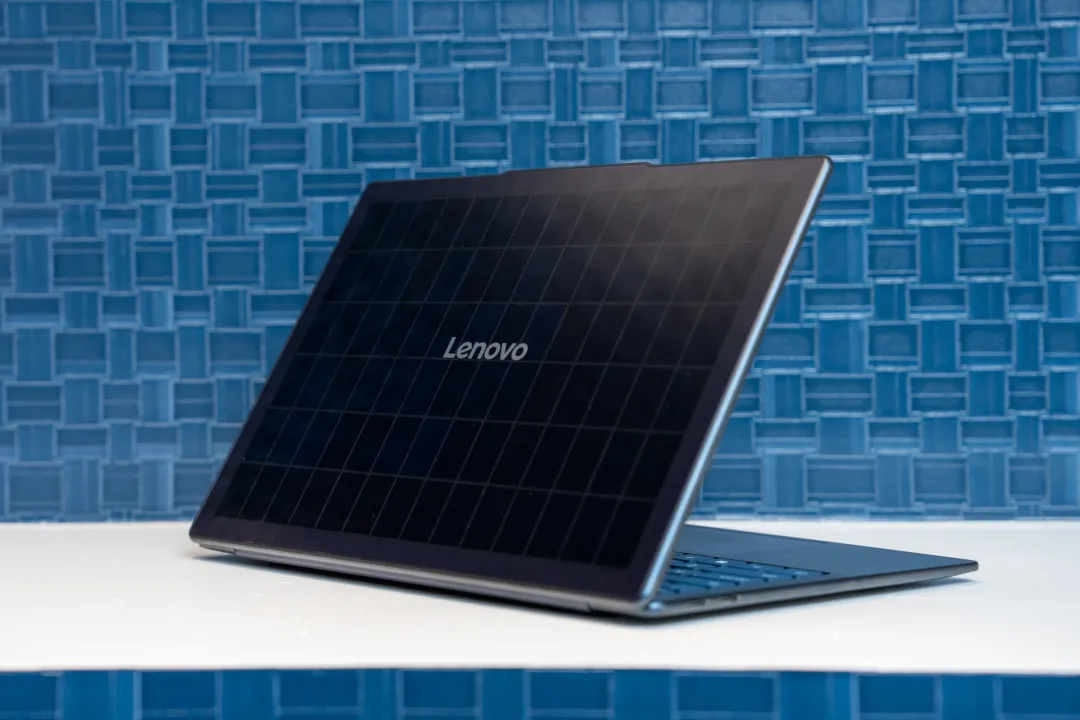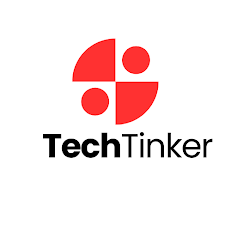 |
| MWC 2025 - Barcelona |
Innovative Hardware Designs
 |
| Huawei Mate XT Foldable Phone |
The Mobile World Congress 2025 presented prospects towards unique smartphone design approaches as a leading exhibition trend. Consumers gained access to the Mate XT platform from Huawei as it presents a foldable mobile device with dual functionality between smartphone and tablet mode through its transformative operation.
 |
| Samsung Folding |
Samsung Display used the event to introduce a handheld gaming console that combines gaming infrastructure features with mobile device portability.
 |
| Xiomi Modular Concept Mobile |
The modular camera phone concept from Xiaomi gained considerable attention among viewers. The modular camera phone design lets users add a 100-megapixel lens to their smartphones, which connects mobile photography capabilities to advanced camera performance.
Electronic devices now show evolving capabilities to become responsive adaptable systems that meet different consumer requirements.
Advancements in Display Technology
 |
| Lenovo Solar Power Laptop |
Technology breakthroughs in displays became possible by adding devices that displayed color-changing back panels, E Ink screens, and solar charging. The features enable improved aesthetics as well as energy-efficient operations together with customizable functionality.
 |
| Lenovo Thinkbook Flip |
 |
| Lenovo Thinkpad 3D Laprop |
Lenovo presented two key products, including multifolding laptops and 3D laptops, which showed how mobile display technology could advance through flexibility and immersion.
Enhanced Connectivity and Network Integration
Mobile technology combined with other sectors became apparent through the demonstration of remote-controlled vehicles. Users can control vehicles through remote operations from distant locations, thanks to mobile networks, according to Elmo Remote and Nokia.
5G technology was shown to connect with non-terrestrial networks (NTN) during the exhibition to extend communication capabilities into remote locations using satellite or airborne telecommunication equipment.
Augmented Reality (AR) and Artificial Intelligence (AI) Integration
 |
| RayNeo Air AR Glass |
The market for Augmented Reality (AR) has experienced rapid growth since TCL released its RayNeo Air 3s AR glasses to provide customers with advanced interface capabilities.
 |
| Newnal AI Phone |
By using the Newnal AI, phone users receive personalized AI assistance because the system combines their individual data to generate tailored recommendations. This demonstrates how AI can create optimized user experiences by providing customized solutions.
Health and Accessibility Innovations
 |
| Solecooler Foot-Heating |
Two health-oriented devices included Whispp's talking app and Solecooler's foot-heating and cooling insoles that serve people with vocal disabilities.
The healthcare industry maintains its commitment to use technology to achieve better health alongside comfort and accessibility goals.
Pet-Focused Technology
 |
| GlocalMe Mobile Tracker For Pets |
At the event, GlocalMe unveiled its first smartphone designed for pets, which became a notable addition. The device allows pet owners to connect with their pets remotely as well as track their position and exercise patterns, representing how mobile technology continues to grow.
Conclusion
The MWC 2025 held numerous dynamic innovations that will define mobile technology development in the future. The modern mobile industry manufactures devices that embody the goal of delivering adaptable hardware together with smart displays and improved networking capabilities and artificial intelligence capabilities because they want to produce efficient and user-oriented products. These evolving technologies will transform our human world interactions as they create new pathways to connect technology with activated human experiences and innovative solutions for the future.

1 Comments
Nice information
ReplyDelete